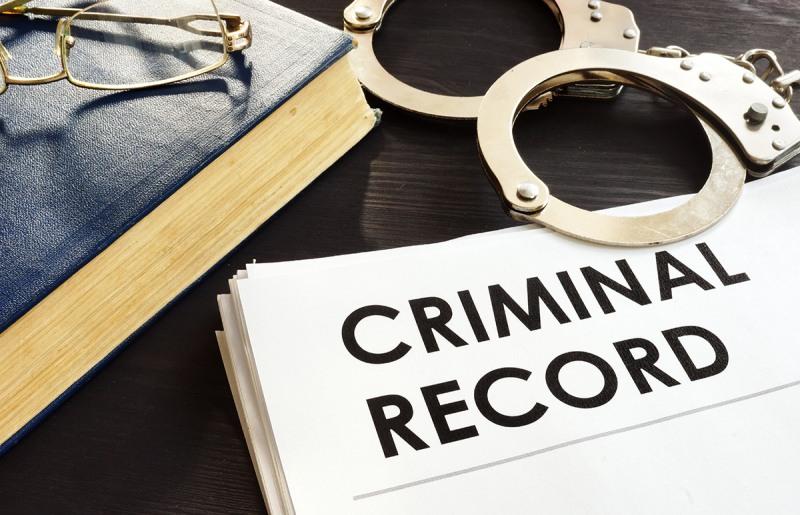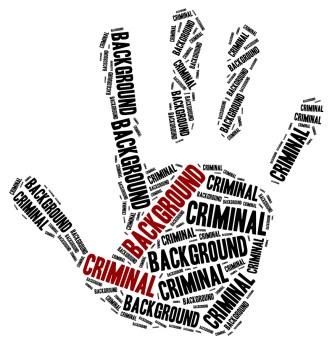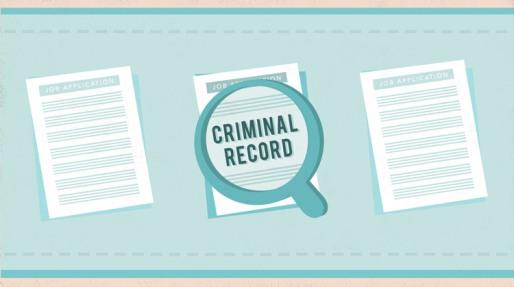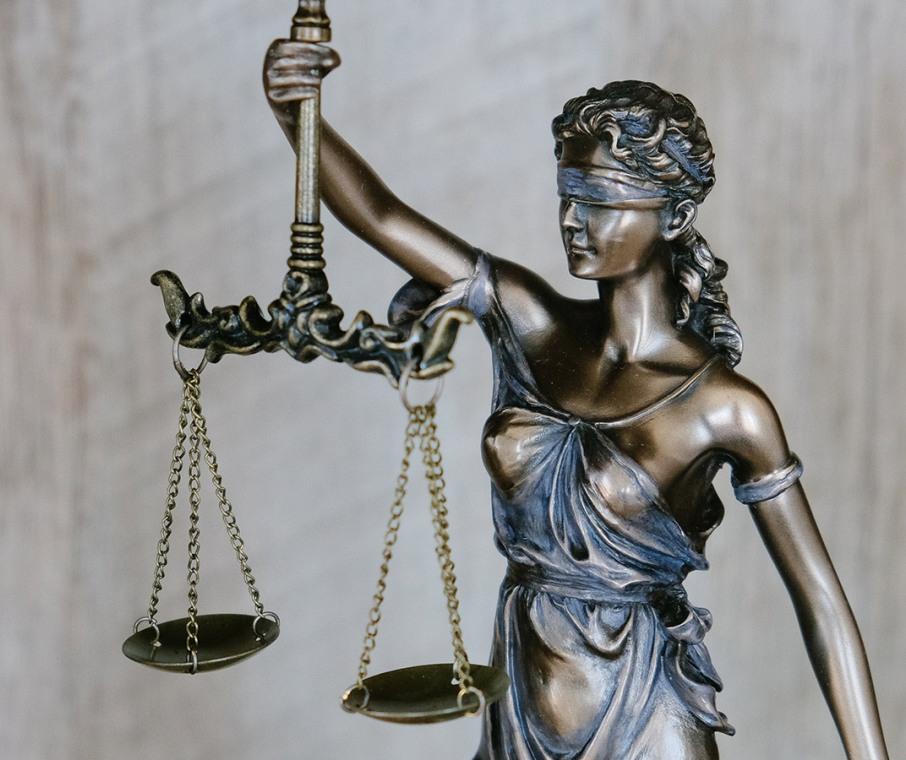
2 minute read
SEEING THROUGH THE SMOKE H I G H ! C H A L L E N G E S
CHALLENGES & BARRIERS TO ENTERING THE LEGAL CANNABIS MARKET FOR SOMEONE WITH A CRIMINAL RECORD

Advertisement
BY CY WILLIAMS
What are some of the challenges orhurdlesfacedforsomeonewith a criminal record attempting to find work in the legal cannabis sector in Canada? It is certainly not an easy task but it is not unheard of and certainly not impossible.
Itcanhowever,bechallengingfor someonewithacriminalrecordto find work in the legal cannabis sector in Canada, as most provinces require background checksbeforeissuinglicenses.
While having a criminal record may not automatically disqualify someonefromobtainingalicense toworkinthecannabisindustry,it can still present some significant barriers.
Firstly, certain types of criminal records can make it difficult to obtainasecurityclearance,which is often required for jobs in the cannabisindustry.Forexample,if someone has been convicted of drug trafficking, it may be more challenging to obtain a security clearance.
Additionally,someprovincesmay have more stringent requirements than others, which can impact an individual'sabilitytofindworkin thesector.
It's also worth noting that while cannabis is legal in Canada, there is still some stigma associated with the plant. Some employers may be hesitant to hire someone withacriminalrecord,evenifthey havebeenrehabilitatedandarenot arisktothebusiness.
However, there are resources available to help individuals with criminal records find work in the cannabisindustry.
For example, some organizations offer training programs and apprenticeships specifically for individualswithcriminalrecords, providingthemwiththeskillsand experience needed to succeed in theindustry.
Additionally, some companies maybemorewelcomingtohiring individuals with criminal records and many have implemented policies that take into account an individual's rehabilitation and may offer them employment opportunities.
Overall, finding work in the legal cannabis sector with a criminal recordcanbechallenging,butit's not impossible. It may require patience, persistence, and a willingnesstoseekoutspecialized programs and organizations that can provide support in finding workintheindustry.
In Canada, the process of expunging or pardoning cannabis criminalrecordssincelegalization has been slow and somewhat limited.
In2018,theCanadiangovernment passed Bill C-45, which legalized cannabis for recreational use. As part of this legislation, the government announced plans to introduce legislation to allow for the expungement of criminal records for possession of small amountsofcannabis.
However, to date, no legislation has been introduced, and the process of obtaining a pardon or recordsuspensionisstillavailable, but it remains a lengthy and complexprocess.
In 2019, the government took a stepforwardbyannouncingthatit wouldbewaivingthe$631feefor pardons of simple cannabis possession. This waiver makes it easier and more affordable for individuals to apply for a pardon forsimplecannabispossession.
Regardingpossessioncharges,the number of reported cannabis offenses has declined since legalization.
According to Statistics Canada, the total number of cannabis offenses reported to police decreased by 18% in 2019, compared to the previous year, primarily due to a drop in possession offenses. Following legalization, possession of small amounts of cannabis (up to 30 grams) is legal, and individuals caught possessing more than the legal limit can still face criminal charges. www.ghostdrops.com
While the Canadian government hasmadesomeeffortstoaddress cannabis possession charges and criminal records, much remains tobedone.
Expunging or pardoning cannabis possession records has beenslowandlimited.


Thenumberofreportedcannabis offenses has declined since legalization, and the government's waiving of the pardon fee aims to make obtaining pardons accessible to morepeople.










